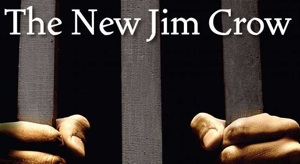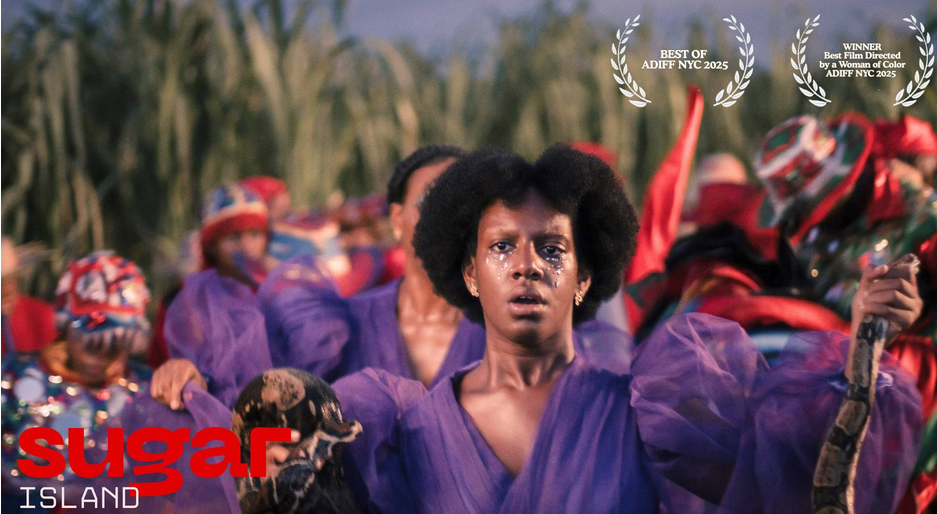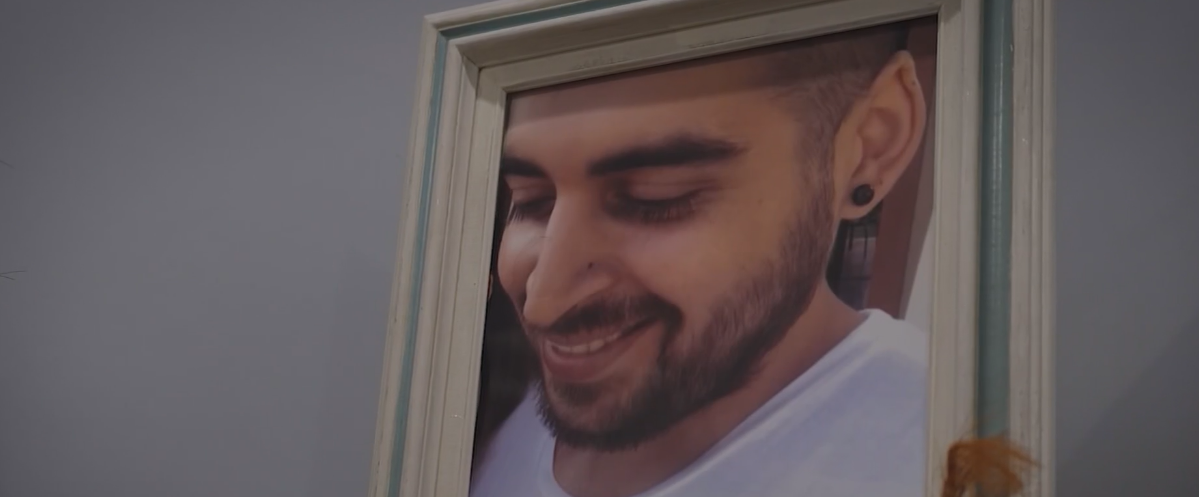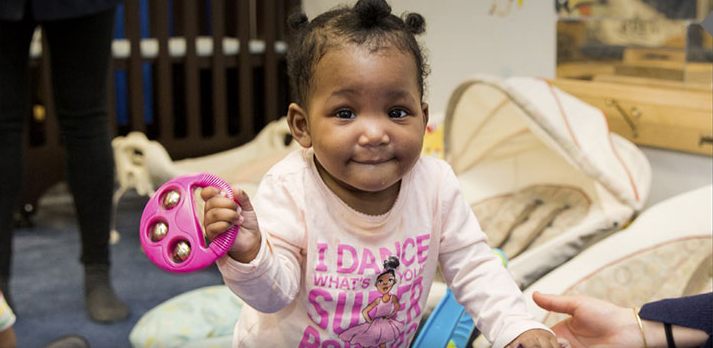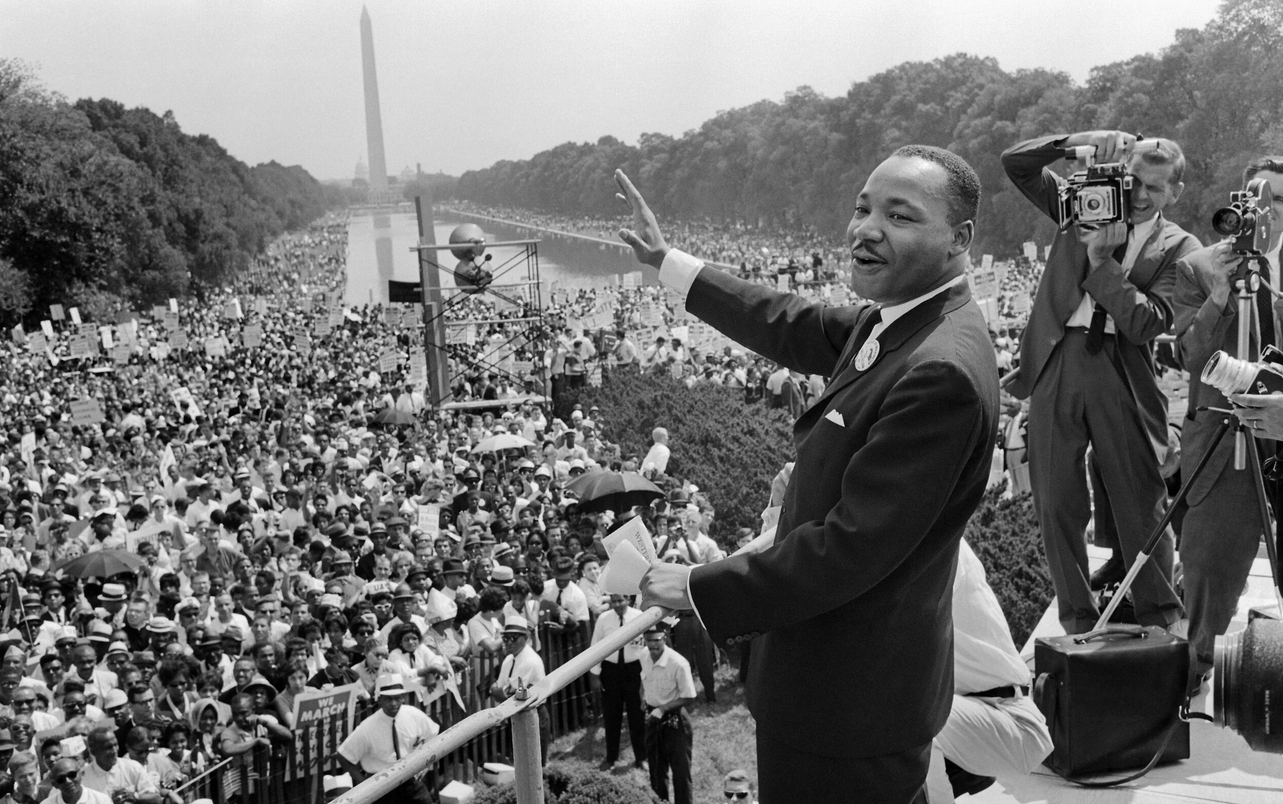[Comment]
The NYC Department of Probation initiative to reform the Citys Juvenile Justice System makes a lot of sense and could generate millions of dollars for Blacks to help keep their children out of prisons.
The initiative involves a framework where the “village” helps raise the children; where community groups and organizations collaborate to provide various resources –health, job skills, education, mental health, counseling– to formerly incarcerated youth, between 15 and 24 years of age.
They will be in and near certain targeted housing complexes in Brooklyn and Manhattan. A main reason for the initiative was former mayor Michael Bloomberg who felt the state was stiffing the city, where it charged up to $300,000 a year to hold a youth in secure upstate facilities when the average charge was $100, 000.
With over 845,000 youth ages 7- to 15 currently in the juvenile justice custody –almost half females– the enormity of the billions being sent upstate can be understood. But when the city is only spending $1.5 million, offering 5 groups $140,000 a year for up to two years to reform 16 youth each, one wonders if it is not ripping off the Black community by giving it chump change to transform our children into productive law-abiding citizens. They should be provided appropriate resources.
Yes, our youth do need help. Out of the 23 juvenile murders committed in New York State in 2015, 19 of them were committed by New York City juveniles. Therefore, after making millions off their backs and turning them into monsters, Blacks are being asked to, basically, help transform these juveniles with chump change.
This effort is primarily to allay the fears of the gentrifiers who are moving near to the projects and are upset by and fearful of the “restless” and “misbehaving” natives. Still, it is for us to respond to the challenge to reclaim our children.
